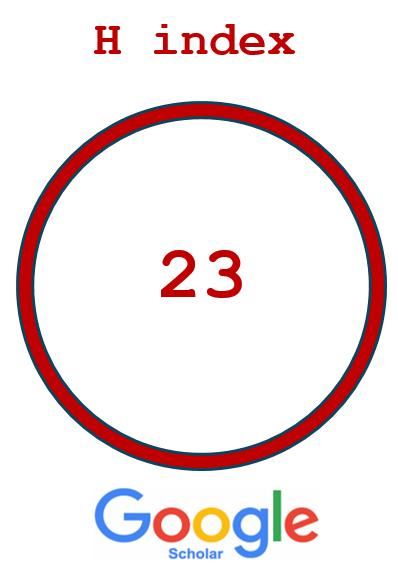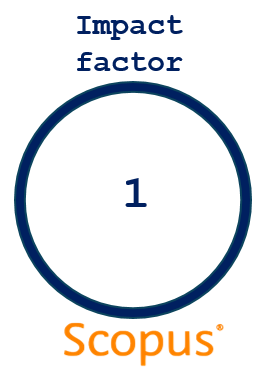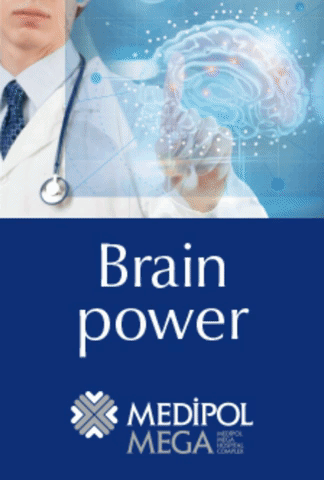ACTA Pharmaceutica Sciencia
2024 , Vol 62 , Num 2
Neuroprotective application of Hemidesmus indicus root extract and its silver nanoparticles implication against monosodium glutamate-induced neurotoxicity in albino rats
1 Department of Pharmacology, Sri Adichunchanagiri College of Pharmacy, Adichunchanagiri University, B G Nagara, Karnataka, India2 Department of Pharmaceutical Chemistry, Sri Adichunchanagiri College of Pharmacy, Adichunchanagiri University, B G Nagara, Karnataka, India
DOI : 10.23893/1307-2080.APS6226 Viewed : 4328 - Downloaded : 1320 Monosodium glutamate (MSG) induced neurotoxicity is a typical experimental model used to lower memory in laboratory animals. Hemidesmus indicus (H. indicus) has been used to treat neurotoxicity in Ayurvedic and Unani medicines. The study aimed to assess the neuroprotective efficacy of H. indicus root extract and nanoparticles against MSG-induced neurotoxicity in albino rats. The effects of MSG on the brain include neurotoxicity, decreased acetylcholine in rat brains, increased oxidative stress, and increased acetylcholinesterase (AChE) levels after MSG administration. The behavioral, biochemical, and neuroanatomical abnormalities caused by MSG were reduced after treatment with H. indicus root extract and its silver nanoparticles (AgNPs) for 21 days. Our study reveals that both the extract and NPs were protecting the rat brain against the harmful effects of MSG such as loss of memory and cognitive decline by controlling AChE activity and oxidative stress. AgNPs of H. indicus root extract proved extremely significant activity as compared to the extract alone. Keywords : monosodium glutamate, behavioral impairment, acetylcholinesterase, Hemidesmus indicus





